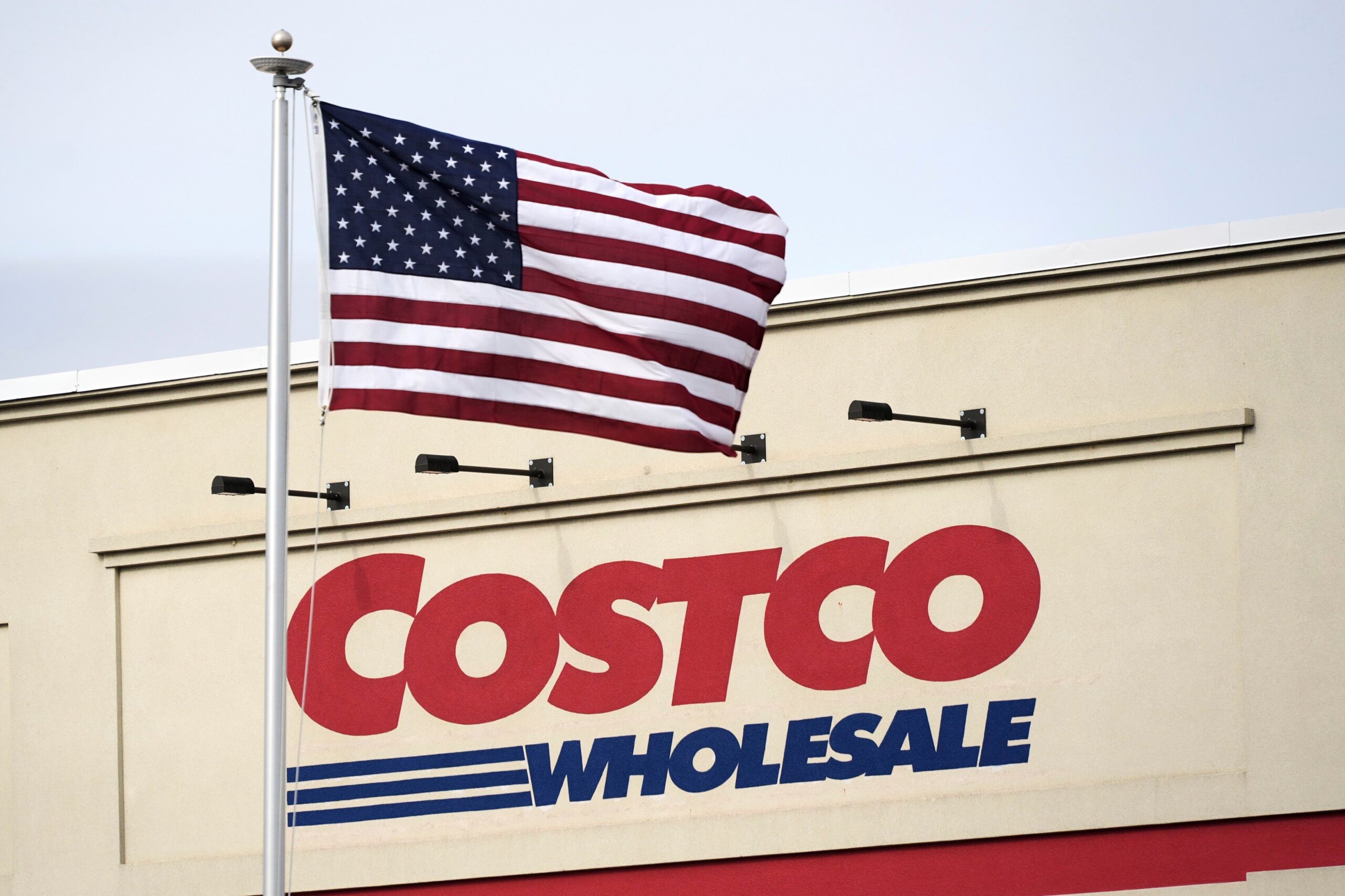NEW YORK Fashion imitations, or less costly replicas of luxury apparel and accessories, are widely available these days. Additionally, they are entangling certain companies in court disputes.
In the most recent instance, Lululemon filed a complaint against Costco on Friday, alleging that the wholesale club operator was offering cheaper versions of some of its well-liked athleisure clothing.
This situation is by no means new in the retail sector. However, as influencers point their followers to the places where they may purchase the knockoffs, social media is driving the culture of online dupe shopping to unprecedented heights. Do you want to try the $1,000 fuzzy slippers from Herm’s? A variant is available at Target for $15. Are you trying to find a Bottega Veneta hobo bag for $2,800? Quince, an online apparel and accessory startup that has been a favorite among fashionistas, offers a version for $99 as well.
It’s not the first time Lululemon has come across what it claims are imitations of their apparel, which frequently has expensive price tags of more than $100 for sporty zip-ups and leggings. In Friday’s complaint, Lululemon mentioned that a few businesses had imitated or cloned its clothing to sell less expensive options, including those made popular online by hashtags like LululemonDupe on TikTok and other social media platforms, without naming other retailers outside of Costco.
The use of dupes is not new.
In place of premium designer brands, marketers have been offering consumers less priced fashion and beauty options for years. Pure dupes that mimic certain qualities of more costly products are typically authentic, in contrast to more conventional counterfeits, which are unlawful replicas of the product that include an unapproved trademark or logo of a patented brand. They may even draw attention to the original objects.
However, the growing craze for scams indicates that many consumers desire a taste of luxury but are no longer willing to pay for or give a damn about obtaining the actual thing.
For instance, the budget store Walmart generated a lot of news late last year when it began offering a leather bag online that looked like Herm’s sought-after Birkin bag.The original item costs between $9,000 to hundreds of thousands of dollars on resale and auction sites, while the $78 item sold by Kamugo, which doesn’t seem to have its own website, was a fraction of that amount. The leather bag was called a wirkin by influencers. On Walmart’s website, other vendors selling comparable totes were featured, including BESTSPR, YMTQ, and Judy.
When con artists enter ambiguous legal areas
According to experts, some dupes venture into dubious legal areas, such as copyright and trademark infringement, especially when the dupe marketer makes exaggerated claims either the original or the duplicate.
Additionally, lookalikes may irritate the targeted businesses.
For instance, Herm’s Executive Chairman Axel Dumas expressed his frustration and annoyance with the less expensive lookalikes after the wirkin went viral.
During a February company earnings call, Dumas stated that creating a copy like this is just abhorrent. He did, however, admit that it was heartwarming to see so many customers vying for a Birkin-style bag and that the quality difference was still noticeable, pointing out that no one purchased the phony Herms bag.
In the meantime, Benefit filed a trademark infringement lawsuit against E.l.f. for its $6 Lash N Roll mascara, which is comparable to Benefit’s $29 Roller Lash mascara. However, a California judge ruled in December that E.l.f.’s mascara did not violate Benefit’s trade dress or trademarks, nor did it mislead consumers.
As CEO Tarang Amin previously told The Associated Press, “that was the first lawsuit of its kind in E.l.f.’s 20-year history, and the judge’s decision was a resounding win for us.”
Amin prefers to refer to his version as “holy grails” rather than “dupes.” According to him, the fundamental truth is that we always add our own E.l.f. twist to it. It is a far better value E.l.f. product.
Costco is sued by Lululemon.
As part of a broader intellectual property enforcement effort against businesses who have opted to mimic rather than compete, Lululemon said in its complaint that Costco had illegally traded on the brand.
On Tuesday, a message was left asking Costco to comment on the lawsuit.
Although the corporations involved don’t disclose it, Lululemon also claims that consumers are aware that Costco sources well-known branded goods for its private label Kirkland brand. This might make the lawsuit more complex. As a result, according to Lululemon, at least some consumers might think that Kirkland-branded goods are produced by the genuine manufacturer of the original goods.
Costco is accused by Lululemon of producing identical versions of a number of products, including its well-known ABC trousers, Define jackets, and Scuba sweatshirts. According to Lululemon, the Hi-Tec Men’s Scuba Full Zip is one of the copies that Costco offers; the lawsuit includes a snapshot of Costco’s website that shows the item’s $19.97 pricing.
When Lululemon sued Peloton in 2021 for allegedly copying its then-new apparel lines, the two companies found themselves in a similar situation. Two years later, the firms established a five-year relationship in which Lululemon became Peloton’s main partner for sports wear.
–
This report was written by Michelle Chapman, an AP Business Writer.
